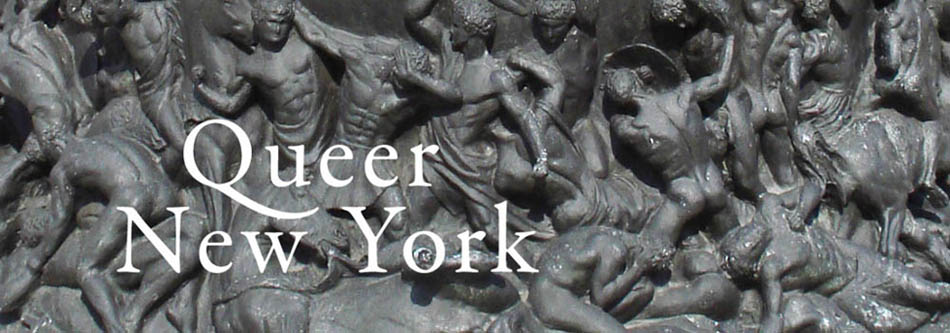By Father Tony
I am inclined to rave about the excellent coffee offered at Joe, but that is probably because I am beginning an experiment in body management today. Even though I consume coffee and wine in moderation and have no health problems related to their daily ingesting, I realized a few days ago that it has been many years since I experienced a day without those commodities. I wondered if perhaps it might be good to embark upon a finite abstention just to see how life feels without them, because I have rather forgotten how life feels without them. They are my norm.
How does it feel thus far? It is almost noon, and I seriously miss the ritual of my morning coffee more than the coffee itself although I fully expect some physical reactions to show up within a day or two. I miss the warmth and weight of the mug and the feeling of privately and specifically engineered indulgence. I know I will miss this again at lunch.
I won't be reaching for a glass of red wine until this evening so there's nothing yet to report about that.
I heartily recommend the coffee at Joe on West 23rd Street (There are other NYC locations), but at this point I would drink gas station coffee and am questioning the merits of this experiment.



Hello. My nom-de-blog is Java and I like coffee. Addicted? Perhaps. Recently I've cut down on the caffeine, though, by mixing one scoop of caffeinated with one or two scoops of decaf coffee in the coffee maker. After that pot is finished, it's all decaf if I have any more. Don't know how well I'd do without the routine comforts you mention. Good luck!
ReplyDeleteDear Java,
ReplyDeleteI just realized I have pound of Starbuck's decaf Sumatra in the freezer. Somehow, it feels like cheating. I'm going to see if I can just avoid the whole business for a week.
Good for you! I think these kinds of personal exercises are good for the soul, especially with the qualifier "finite". Why do without something forever that you so dearly love? It's nice to know you don't HAVE to have them, but nicer to know you can.
ReplyDeleteAs for me, I kicked caffeinated coffee a few years back because I knew it wasn't good for me and I was going through a pot and half a day. It was a horrible, miserable two weeks of all the usual suspects: headaches, lethargy, agitation, and just generally a foul, severe mood.
I still occasionally have a cup of high-test or an espresso but my usual is always decaf. The people around me cannot for the lives of them figure out what the point is. Like you, it's more about the ritual now than any chemical kick I would get.
When I've occasionally skipped my two cups in the morning routine I didn't get headaches but I felt terribly deprived. Just as you say, the ritual seems to be at least as important as the drug. Pure decaf doesn't quite do it either though, I do like the drug. Good luck, and yes, the key word is 'finite'.
ReplyDeleteDear Patrick, I've countered the feeling of deprivation by seeing it as a "house-cleaning". I've made an exploration out of it. So far, it's been painless, and as is the case with almost all habits, you think about the desire for a moment and then you're on to something else and an hour goes by and then it pops back into your head but this time, you know that it will soon hurry away as you go onto something else. So the lesson of day one might be that people who cannot quit food or cigarettes or drugs or whatever may be people who who are focused on nothing else. They are simply receptors. They do not engage. They are not fascinated by anything. Desire and addiction gnaw at them relentlessly. I wonder if the specialists in the field would agree with that, and do they counsel their patients to fill their heads with new preoccupations and interests?
ReplyDelete...finite abstention? Sounds like Lent to me! ;-)
ReplyDeleteYes, Mondschein, if I were doing it for Jesus, but I'm not. What was that movie in which they shrunk people (including Raquel Welch!) and sent them into a human body? That is more what this is about. An interior pilgrimage and a cleansing of the shrine. Besides, Lent is 40 days! My junket is only 7.
ReplyDeleteRE: addicts as 'receptors': I know that they're often encouraged to disrupt their routines as much as possible, moving to new neighborhoods even, if necessary, to break as many habits and associations with the drug as possible. Even people who left one drug-infested neighborhood for another equally infested one had better track records at staying clean, because the pusher on the new street corner wasn't THEIR pusher, it wasn't even their street corner. So yes, I think finding new interests can be helpful. I imagine if you're puking your guts out from withdrawal though, finding a new distraction is harder.
ReplyDeleteHabits and addictions have two different physiological profiles in the brain. But habits do require approximately 28 days to change the physiological makeup of the brain that makes them habits. Replacing an undesired habit with a new behavior makes it easiest to extinguish undesired behavior, and the greatest success is had with a new behavior that is not all like the old one. That is one reason that eating habits are so difficult to replace with other eating behaviors; it is extremely hard to extinguish with similar behaviors the "map" that has been established with lipoproteins in the brain.
ReplyDelete